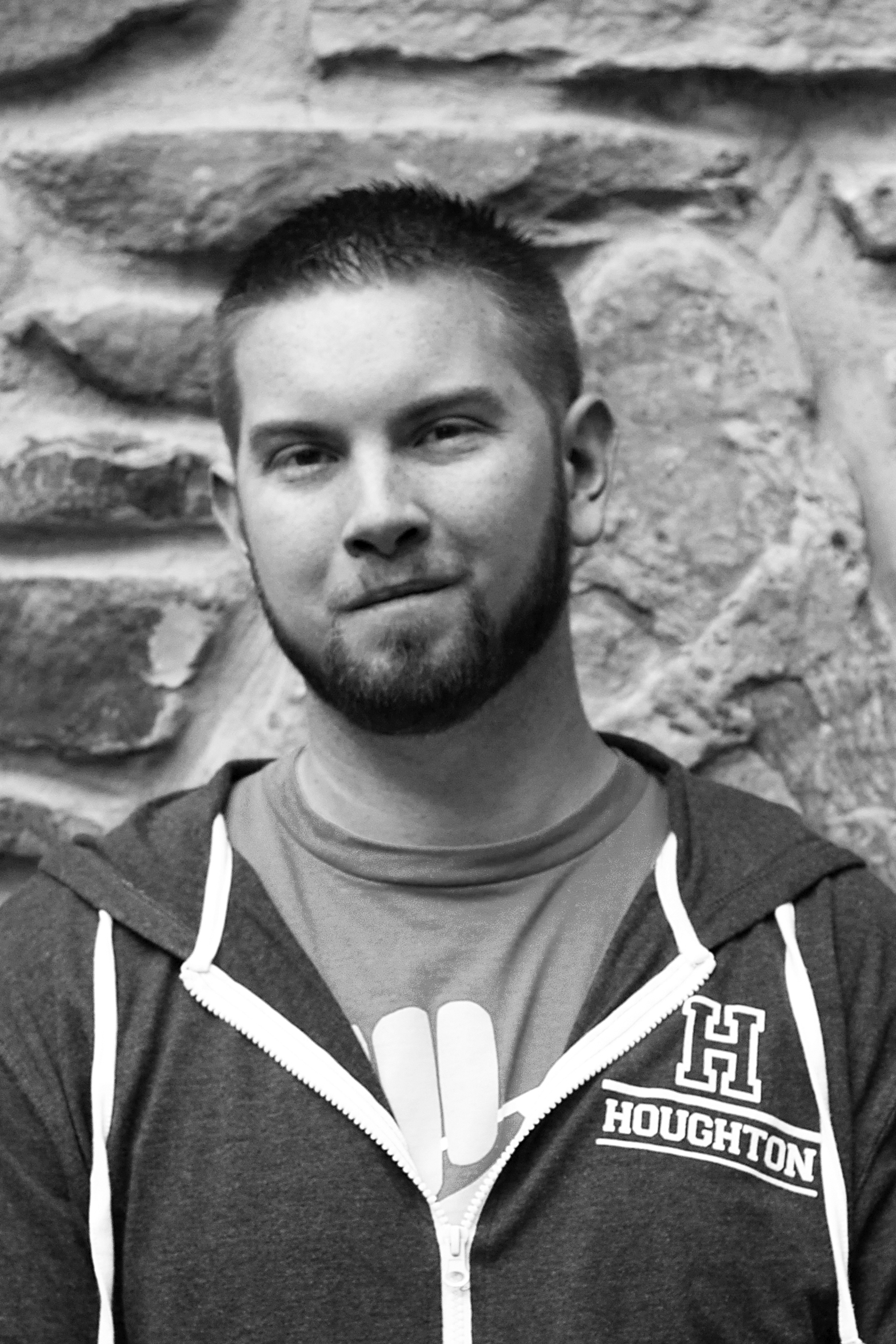Category: Opinions

November 08, 2014
Opinions, Letter to the Editor, Opinions
Letter to the Editor
Dear Editor, I have observed two areas which are rapidly undermining our culture. First, people do not believe the authority…

November 08, 2014
Opinions, Letter to the Editor, Opinions
Letter to the Editor
Dear Editor of the Star, Holly Chaisson’s editorial in in the October 24 issue of the Star, “Homosexuals and the…
October 31, 2014
Opinions
Enrollment and The Hail Mary Pass
A Vanderbilt University study concluded colleges that had recently closed had enrollments of fewer than one thousand students and endowments of…
October 31, 2014
Opinions
Yik Yak: Why I Keep It
“You know what Twitter needs? Less accountability. That will improve things.” This posted on Yik Yak by an anonymous poster…
October 31, 2014
Opinions
Homosexuality and the Church | Part 2
In my last article, “Homosexuality and the Chruch | Part 1,” I addressed the issue of how the church should…

October 24, 2014
Opinions
Don’t Plan Parenthood
Motherhood: A time many women anticipate in life. It’s symbolic of turning a new page in the book of life,…

October 24, 2014
Opinions
Discriminating and Dignifying: Faith-based Clubs Derecognized
This fall, California State University derecognized InterVarsity Christian Fellowship’s status as an official club on all 23 of their campuses.…

October 24, 2014
Opinions
Homosexuality and the Church | Part 1
On October 19th, a proposed draft document concerning ministering failed to pass approval on sections regarding the church’s position on…

October 10, 2014
Opinions
The Culture Andy Crouch Wants To Make
The 2014 Houghton Reads book is Culture Making: Rediscovering Our Creative Calling, by Andy Crouch, the Executive Editor of Christianity…

October 10, 2014
Opinions
Sexual Security and a Bike Lock
In a recent interview with a senior at Stanford University, a key issue in the continuation of violence against women…
